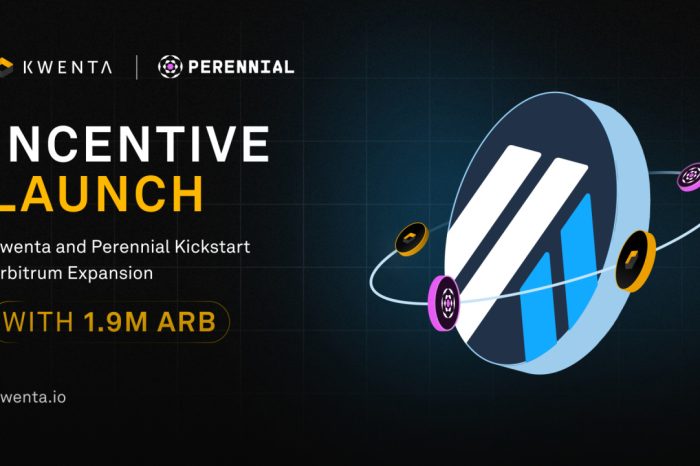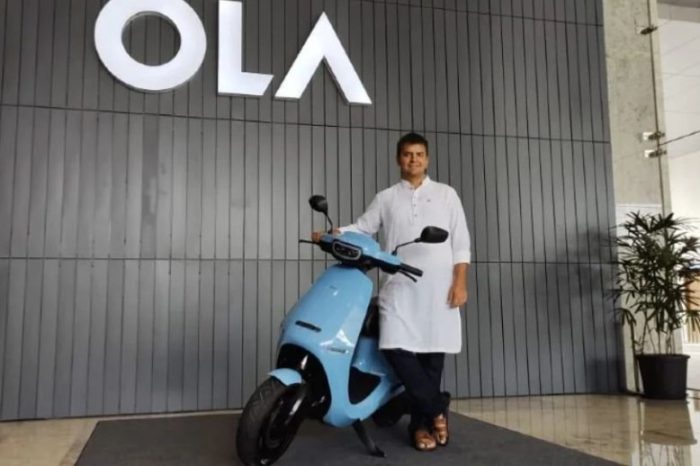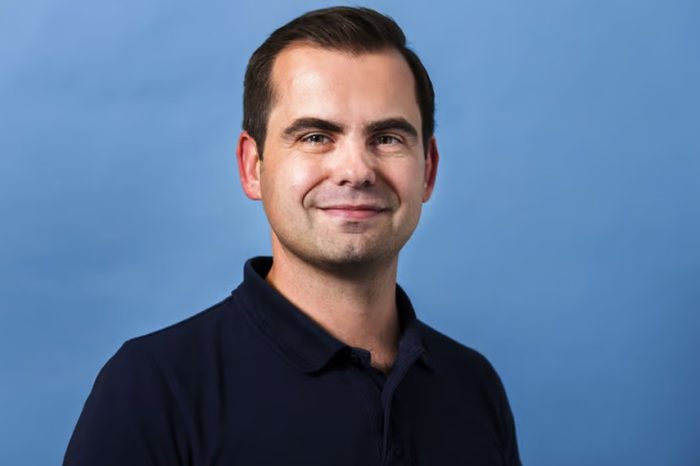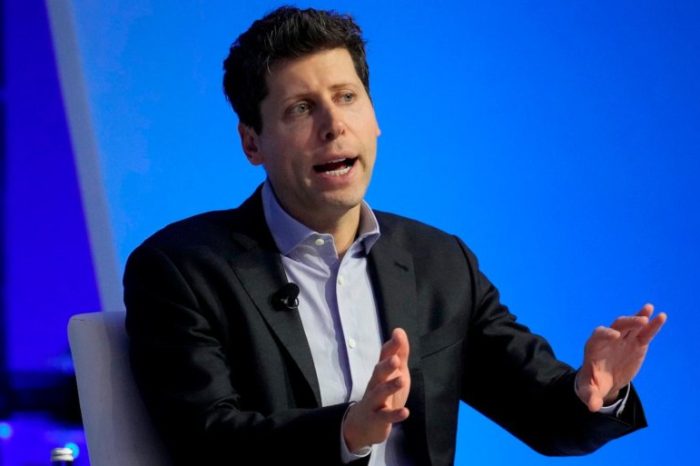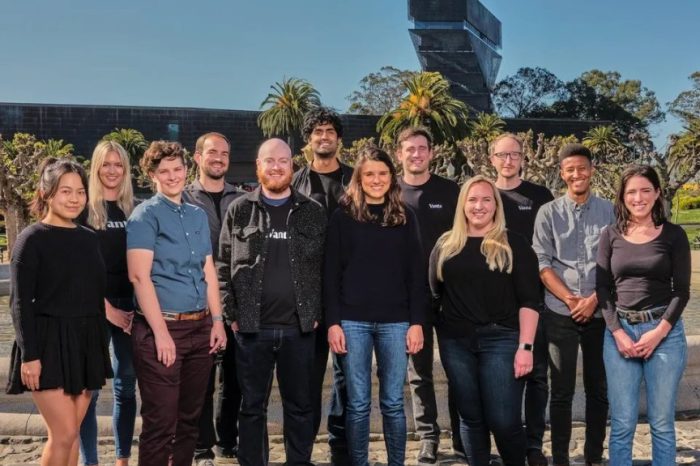Neuralink, a brain implant startup founded by Elon Musk, has raised $43 million in additional funding, according to a recent filing with the Securities and Exchange Commission (SEC). The startup is developing implantable wireless chips that can read brain waves and potentially help treat people with neurological disorders.
The news of the funding comes just six months after The US Food and Drug Administration (FDA) gave the company the green light to commence human testing of its brain implant. Two months earlier, the FDA had rejected the company’s application due to safety concerns.
According to the filing, the latest funding round was backed by 32 investors and boosted the company’s previous funding from $280 million to $323 million, with leading investment coming from Peter Thiel’s Founders Fund. The filing was first spotted by TechCrunch.
Although Neuralink has not publicly disclosed its current valuation, a Reuters report in June suggested a valuation of around $5 billion after private stock transactions. We covered Neuralink two years ago after the startup raised $205 million in a Series C funding round led by Dubai-based venture capital firm Vy Capital, with participation from Alphabet Inc’s Google Ventures, Valor Equity Partners, Craft Ventures, and Founders Fund.
Founded in 2016 by Elon Musk, the San Francisco-based Neuralink is working towards improving the brain-machine implant process until the procedure becomes as seamless as Lasik. Since its inception seven years ago, Neuralink has been developing implantable brain-machine interfaces (BMIs) which come in the form of small, flexible threads that they plan to insert into the brain.
The idea is to make it possible for the brain to communicate with external devices. What’s cool is that this technology is designed for two-way communication – it can read signals from the brain and also send signals back into it.
In April 2021, Musk shared a video of a monkey playing a video game with his mind using a brain chip. In the video, Pager, a nine-year-old Macaque, was seen playing a MindPong video game telepathically using a brain chip. In a series of tweets, Musk explained that the first Neuralink product will enable someone with paralysis to use a smartphone with their mind faster than someone using thumbs.
By fusing humans with artificial intelligence, Neuralink aims to implant wireless chips to help cure a series of neurological disorders including memory loss, hearing loss, blindness paralysis, depression, insomnia, seizures, addiction, brain damage, and strokes, among others.
In recent months, however, Neuralink has been under increased scrutiny for its workplace culture and ethical research practices. Critics, including former employees who chose to remain anonymous, have expressed concerns about a perceived toxic work environment marked by blame, fear, and tension between accelerated timelines and the gradual pace typical in scientific research.


